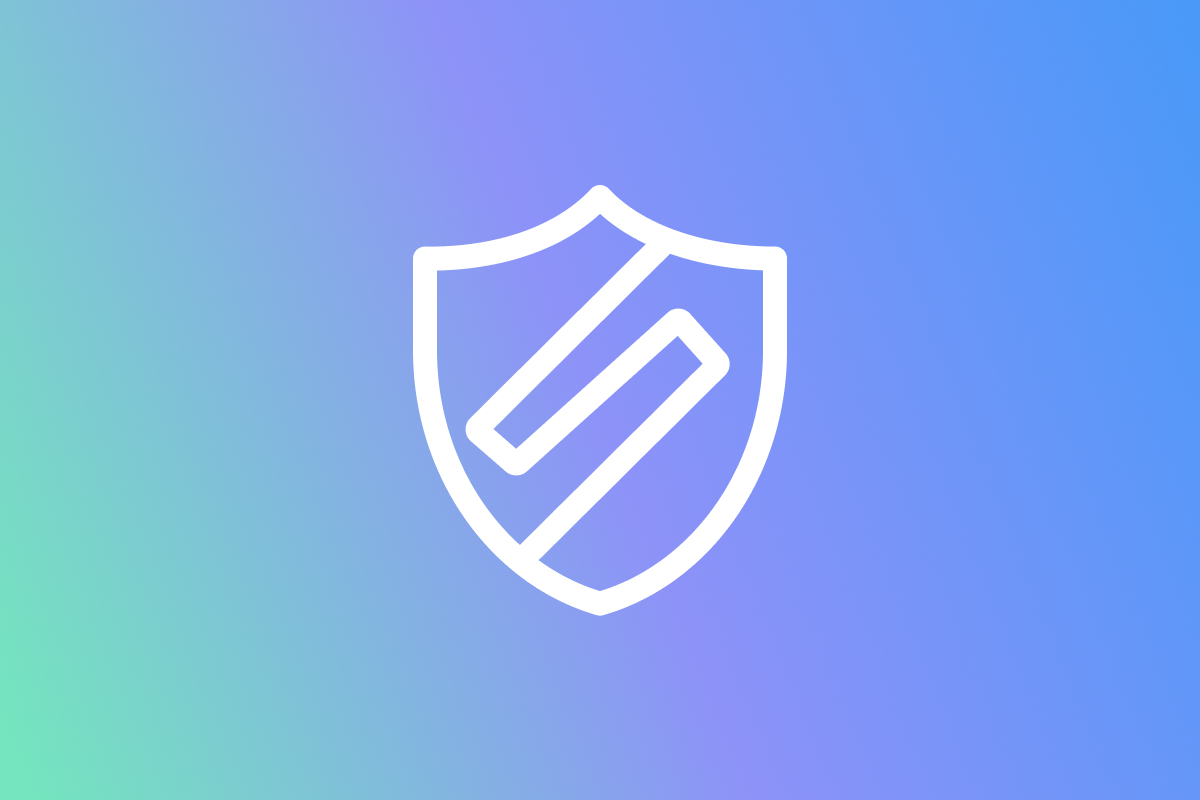


Identity Theft: Know the signs that your device has been hacked

Tips for Keeping Your Kids Safe on Social Media

Five Tax Scams Every Small Business Owner Needs to Know

Tips for Staying Safe Online While Traveling

Common gift card scams and how to avoid them

Online Privacy Tips Parents Need to Protect Their Family From Identity Theft

Tax Season Scams Every Taxpayer Needs to Know

Three Reasons Remote Workers Need Identity Theft Protection Services

Why Your Company Should Offer Identity Theft Protection to its Employees

How to Protect Your Small Business From Identity Theft
